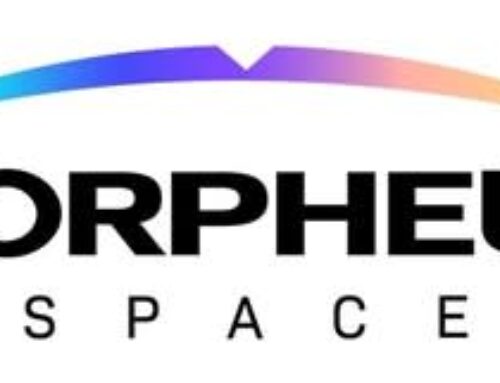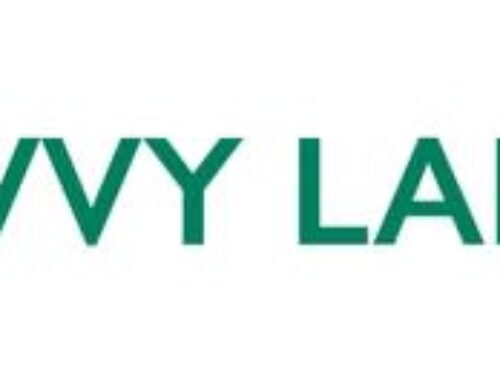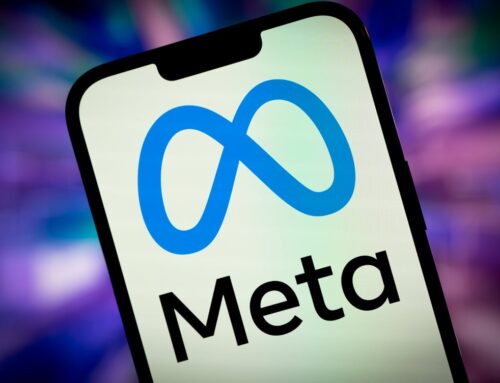It’s not too late to take advantage of some federal clean energy tax credits
November 14, 2025
Federal clean energy tax credits from the Inflation Reduction Act are set to expire at the end of the year. But for consumers who want to take advantage of them, there’s still time before December 31.
Noah Goldmann is Senior Manager of Campaigns for Rewiring America, a national nonprofit focused on electrification and clean energy. The Allegheny Front’s Kara Holsopple talked with him about what people can do.
LISTEN to the conversation
https://s3.us-east-1.amazonaws.com/media.alleghenyfront.org/AF111425_KH_EnergyTaxCredit.mp3
Kara Holsopple: Which clean energy tax credits are still available up to the end of the year for consumers?
Noah Goldmann: Two consumer-facing tax credits are available until the end of the year. That’s the 25C energy efficiency tax credit and the 25D renewable energy tax credit. The names are not that important, but what really matters is the types of technologies that they incentivize. This is really everything that you could want to upgrade in your house to lower your energy costs, improve comfort, and improve your resilience.
So whether we’re talking about energy-efficient HVAC, like heat pumps, heat pump water heaters, insulation, a new electrical panel, and then even going so far as rooftop solar panels or a geothermal heating installation, though those might be harder to swing in this tight deadline.
‘One Big Beautiful Bill Act’ casts shade over Pennsylvania’s solar boom
Kara Holsopple: Right, these projects have to be completed by December 31st. How would you recommend people go about getting some of these things started or completed by the end of the year?
Noah Goldmann: The most important thing is to start now. Already, we’re seeing that the wait times for things like rooftop solar are probably stretching it to be able to get that project installed by the end of the year.
But for those smaller projects, the ones inside the home like insulation, new windows, an electrical panel upgrade, or even a heat pump or heat pump water heater, you want to call a contractor as soon as possible and make sure that they’d be able to squeeze in your installation on this timeline by the end of the year.
Kara Holsopple: What resources does Rewiring America offer for consumers, or what’s available out there for consumers?
Noah Goldmann: We have a consumer-facing resource page. And on there, you will find tools, including a contractor finder, to help you connect to a local contractor or a qualified contractor in your area, an incentive calculator so that you can see not just these expiring federal tax credits but also the state and local credits that might be available to you. And also a personal electrification planner.
So if you’re not sure which upgrades you want to make, that can help you sequence those upgrades according to your own priorities. And we also have some frequently asked questions specifically about the tax credits. Things like: how exactly do you claim them? Do you need to prove that your project was installed on time?
Kara Holsopple: What are the answers to those two questions?
Noah Goldmann: We always encourage folks to work with their tax advisors or accountants to actually file for these tax credits, but all you really need is to fill out the appropriate form when you’re filing your taxes next year. It’s a pretty simple one or two-page form, and you don’t actually need any other information to prove when exactly you installed the appliance.
In case the IRS audits you, then you would want to keep some of that information, like the receipt and your proof of purchase, to make sure that you can prove that the installation was made in time.
Read More
Kara Holsopple: A friend of mine was looking into getting a heat pump for his elderly mother’s home, but it turns out she didn’t make enough money to take advantage of the tax credit.
Noah Goldmann: That’s a good point. These tax credits are non-refundable, which means that anyone can claim them as long as they have enough federal tax liability to offset. So if you’re looking at a $5,000 tax credit, let’s say if you have $5,000 in federal income taxes to pay, then you can offset all of that. If you only have $2,000, then you only claim the $2,000 of that credit.
Kara Holsopple: How do energy efficiency upgrades impact consumers’ utility bills and also the grid itself?
Noah Goldmann: That’s a great question, especially in this time of both rising energy costs and rising grid demand. These are the sorts of upgrades that can solve both problems at once. On the energy cost side, we’re talking about equipment like heat pumps that are three to five times more efficient than the equipment that they could be replacing. So if you have an old electric resistance heater, which is like heating your home with a toaster oven, or if you’re relying on propane or fuel oil and you switch to a heat pump, you could be saving $1,000 or even more on your energy bills each year. The same goes for heat pump water heaters or other improvements like insulation and air sealing.
At the same time, they can also drive down grid demand, which is increasingly important as we see more and more large loads, data centers, come onto the grid in places like Pennsylvania. We know that electricity customers in Pennsylvania are already paying 10 to 20% more on their utility bills as compared to last year. And we know that there are over 20 large data centers that are planning to join the grid, so that could push prices even higher. We’re recommending these upgrades as a way for households to sort of get off of that roller coaster and insulate themselves from rising energy costs over time.
Kara Holsopple: What are the options consumers have for lower-cost energy efficiency upgrades after December 31st, after the deadline?
Noah Goldmann: I’d say two things. The first is that a lot of these upgrades are still worthwhile even without the federal tax credits. We were just talking about a heat pump upgrade that could save a household a thousand dollars a year. In that case, maybe if you can afford it, you should still do that to save all of that money over time.
But then, second, there are also state, utility and local incentives that can offset some of the loss of the expiring federal tax credit. So right now, Duquesne Light offers incentives for heat pumps, heat pump water heaters, and weatherization that can reduce your costs by a couple of hundred dollars. Our incentives calculator will show all of those incentives in one place.
Kara Holsopple: You mentioned that these are consumer-facing tax credits. Are there other tax credits that people might want to be aware of that aren’t for the home consumer?
Noah Goldmann: For small businesses or for nonprofits, including schools and houses of worship, there is another set of tax credits for things like rooftop solar. And those tax credits actually aren’t expiring for a couple more years. So if you have a small business or if you’re looking to reduce your utility costs for your school or church, you still have a few more years to make those sorts of upgrades.
Kara Holsopple: Is there anything else that we haven’t talked about that you would want to mention?
Noah Goldmann: I think just noting that the last year that we have data on the tax credit uptake, which is 2023, there were over 158,000 households in Pennsylvania alone that used these credits to reduce their utility bills and modernize their homes. So already a lot of households have used this credit, and we’re hoping just as many as possible are able to take advantage of this moment before time expires.
Noah Goldmann is senior manager of campaigns for Rewiring America.
Search
RECENT PRESS RELEASES
Related Post




